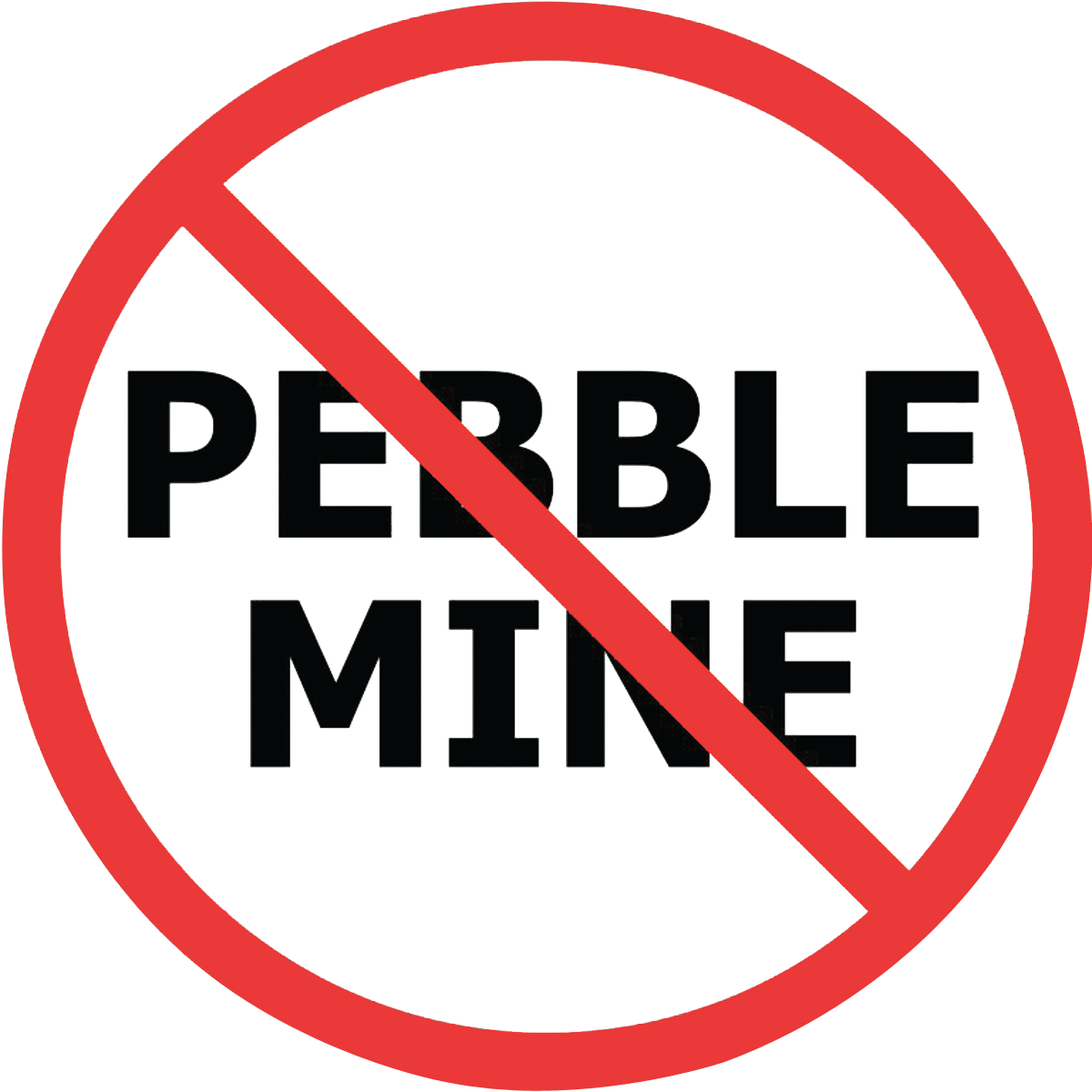Today, Alaska Tribes, anglers and hunters, commercial fishermen and thousands of other businesses and advocates are celebrating a huge milestone in conserving Bristol Bay’s incredible fisheries. After nearly 13 years of Tribal consultation, unwavering public input and scientific review the Environmental Protection Agency announced it finalized Clean Water Act 404(c) safeguards for the rivers and waters near the Pebble deposit.
The Clean Water Act will now safeguard the world’s greatest sockeye salmon fishery and will help ensure a brighter future for the countless people who depend on it, including the region’s Indigenous Peoples who have lived off salmon for thousands of years, and the robust commercial fishing, sport fishing and tourism industries that drive the region’s economy.
Photo: Colin Arisman
We thank the EPA for issuing a decision based on strong science with overwhelming public support by Bristol Bay residents, Alaskans, and people across the country. Send a thank you note to EPA today.
While there is still work to do, we celebrate this major milestone in the effort to obtain durable safeguards for Bristol Bay with all of you. This has been a long-fought effort made possible by local people advocating for their local resources, along with advocates nationwide who know just how special Bristol Bay is. This win belongs to each person who took action, signed a comment card, showed up at a hearing, wrote to their decision-makers and so much more to get to where we are today.
Establishing Clean Water Act 404(c) safeguards in Bristol Bay began in 2010 at the request of local Tribes, sportfishing groups and commercial fishermen. The EPA conducted years of scientific analysis, including a rigorous peer review process and public input before they shared proposed mining restrictions in 2014. Lawsuits brought by the Pebble Limited Partnership delayed the process until 2019, when the EPA under the Trump Administration suddenly and illegally withdrew the proposal. Trout Unlimited sued the EPA and in October 2021, an appeals court sided with TU. The ruling put the proposed protections back in place and required the EPA to review and update their earlier work.
In the spring of 2022, the EPA issued revised proposed protections. A public comment period coincided with the opening of the Bristol Bay commercial fishery, and as salmon surged into local streams returning to their spawning grounds in the headwaters of the region, comments flooded into EPA. Over half a million comments of support were submitted to the EPA. Record numbers of comments were submitted from Bristol Bay residents and Alaskans, who have been unwaveringly clear throughout the seven comment periods —Clean Water Act protections are needed and wanted. Today’s announcement is the final step in securing Clean Water Act 404(c) safeguards for Bristol Bay.
Bristol Bay lodge owner Nanci Morris Lyon testifies in June 2023 hearings supporting Clean Water Act safeguards for Bristol Bay. Source: United Tribes of Bristol Bay
The EPA has the authority and responsibility under section 404(c) of the Clean Water Act to restrict, prohibit or deny mine waste discharge in areas where special water resources are at risk. In the 50-year history of the Clean Water Act, the EPA has used this authority 13 times. Reserved for truly special places that are at great risk, Bristol Bay will be the 14th use of 404(c) action.
In response to proposed Clean Water Act protections, Pebble Limited Partnership and its misled allies have stated their commitment to challenging them in court. It’s likely that the Final Determination will face legal challenges in the weeks to come. We are committed to ensuring that safeguards for Bristol Bay are maintained.
While Clean Water Act protections are another important layer of safeguards that diminish the immediate threat of the Pebble Mine, the region and its fish, traditions and jobs won’t be completely safe until we can ensure that large-scale mining can’t jeopardize fish and wildlife throughout the watershed. We will continue to advocate for conservation measures that support the people, fish and fish based industries of the region. Stay tuned for what comes next and we hope you’ll stick with us in the next chapter of work for Bristol Bay.




